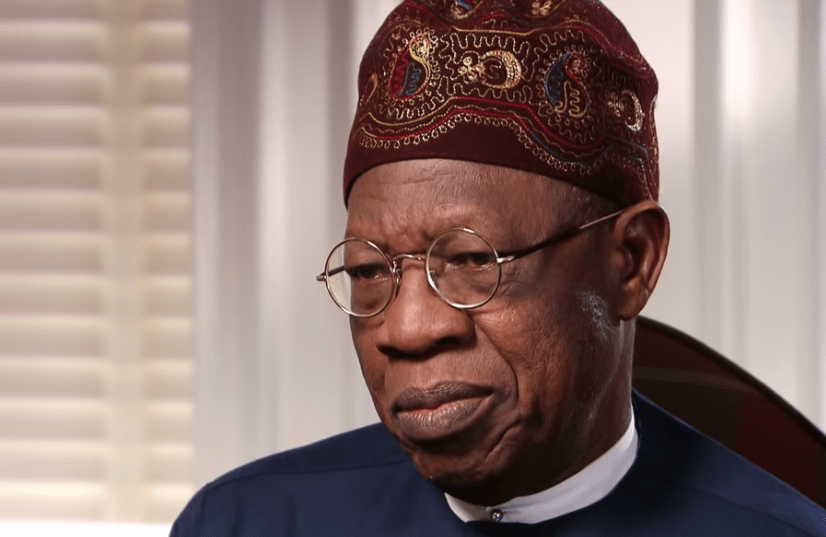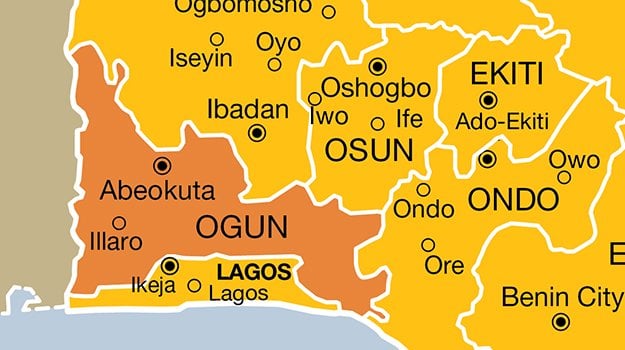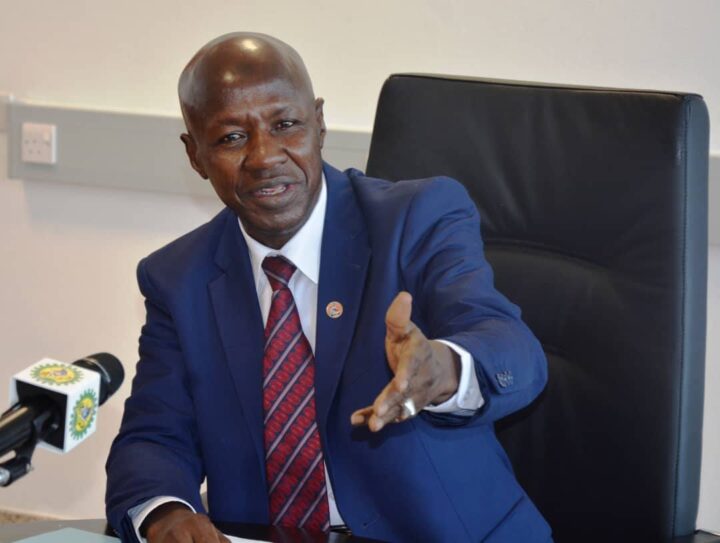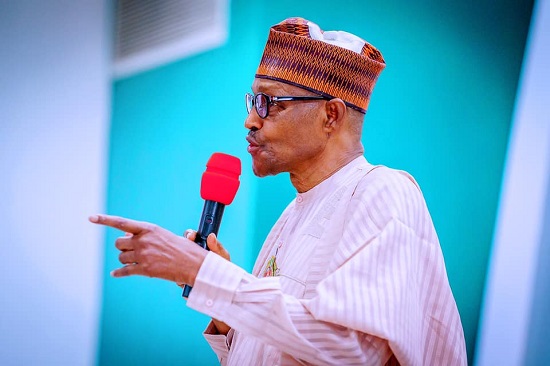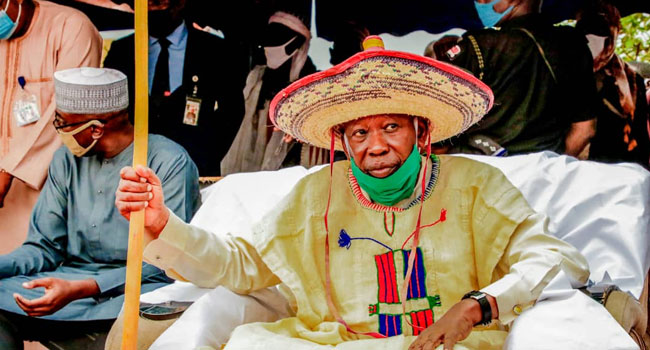Lai Mohammed, minister of information and culture, says Nigeria’s poor rating on the 2020 Corruption Perception Index (CPI) by Transparency International (TI) is not a true reflection of the country’s anti-graft war.
On the 2020 index released last Thursday, Nigeria scored 25 out of 100 points — with zero signifying the worst performing countries and 100, the best-ranked.
Nigeria scored 26 points in 2015, and 28 points in 2016. The rating is the worst since 2015.
In a statement on Sunday, Mohammed said the federal government’s war against corruption is still on course, adding that the progress made against graft in the past two years was not included in the assessment of the country.
Advertisement
The minister said in addition to placing more emphasis on corruption prevention measures and building of integrity systems, high profile corruption cases are currently under investigation and prosecution.
“For instance, following the release of the 2019 TI-Corruption Perception Index, the government initiated reforms to improve on Nigeria’s Ease of Doing Business indices,” he said.
“This is because we found that up to 40 percent of the country’s corruption perception survey indices relates to business processes and general public service delivery processes.
Advertisement
“Government’s swift action has led to major reforms in the processes at our ports and business process points. In response to these evaluations, a number of significant policies have been instituted to enhance transparency and accountability, and prevent corruption.
“Even in the middle of the COVID-19 pandemic, a number of key transparency and accountability policies were developed
and are currently being implemented.”
Mohammed said there is a National Ethics Policy introduced by the Independent Corrupt Practices and Other Related Offences Commission (ICPC) which addresses integrity issues in all sectors.
”While we expect the results from these reforms to speak for us in due course, we are also taking measures to improve our data collection and retrieval on these issues to reduce the current under-reporting of our ongoing corruption reduction measures,” he said.
Advertisement
”After analysing Nigeria’s TI corruption rating, it was observed that some data sources in Nigeria’s scores have remained flat over the past 10 years, reflecting no improvement, decline or fluctuation.
“In this case, the corruption scores would have been affected by changes in the size and structure of the public sector over the past 10 years, changes in policies and personnel and systems over the period including, for instance, process automation, etc.
“There is therefore a need to verify that there is no transposition of figures from year to year due to absence of current data. There is a need to understand why these variations occur, and consequently the robustness of the methodology and validity of data.
“There is a need to understand why scores for this assessment have not been recorded for Nigeria for the past two years, which has had the effect of reducing Nigeria’s cumulative score and ranking relative to countries with those scores included in their CPI for both years.”
Advertisement
Fighting corruption is one of the focal points of the Buhari administration.
Advertisement
Add a comment

